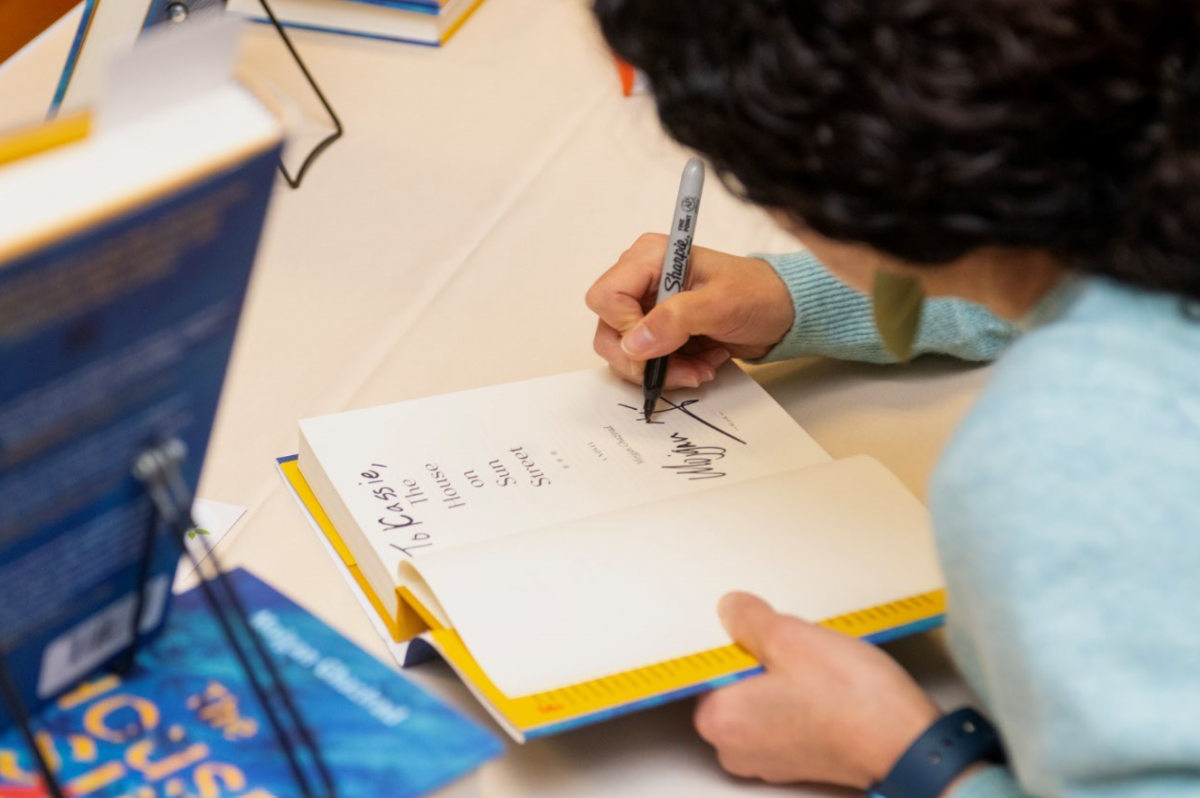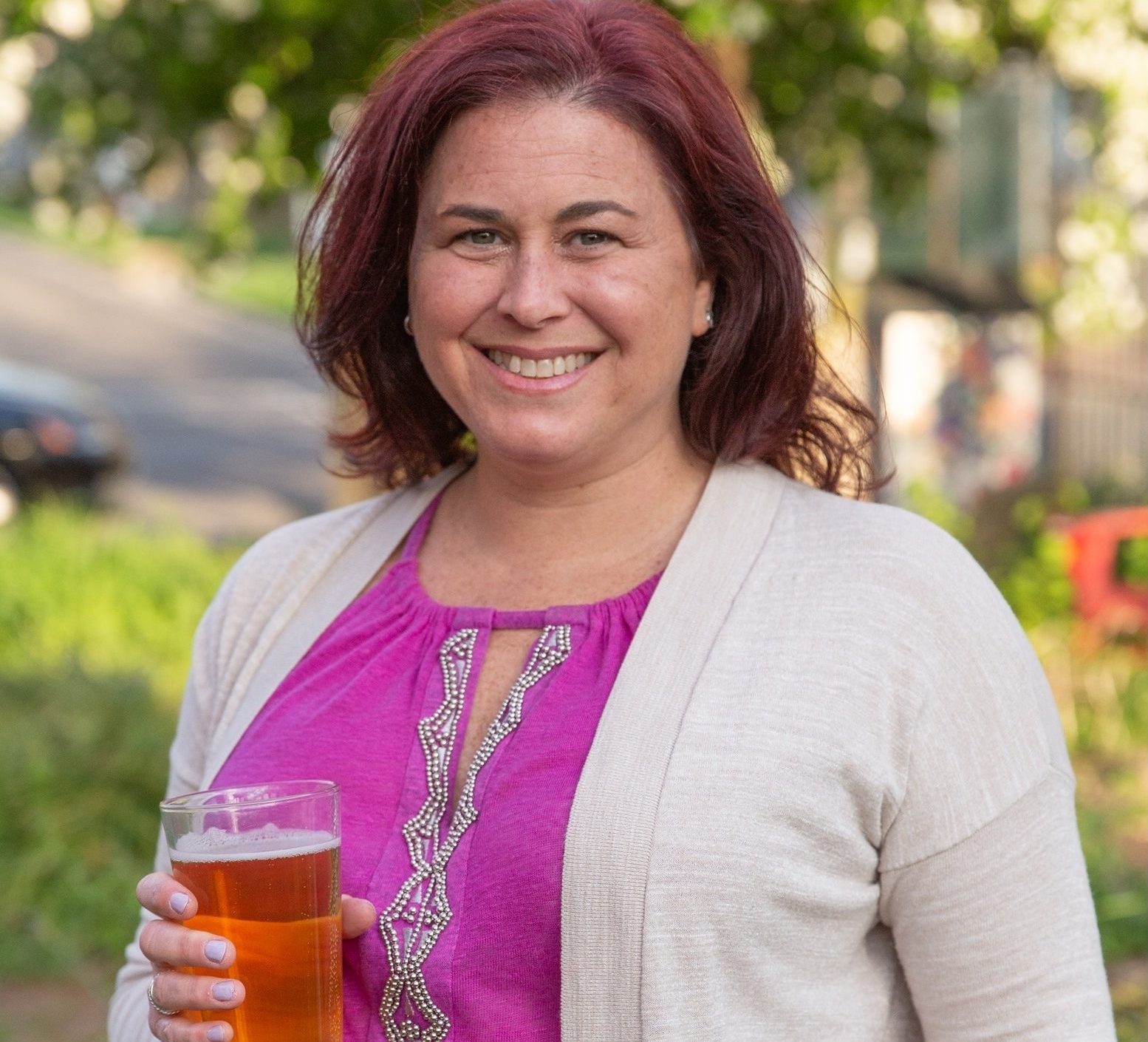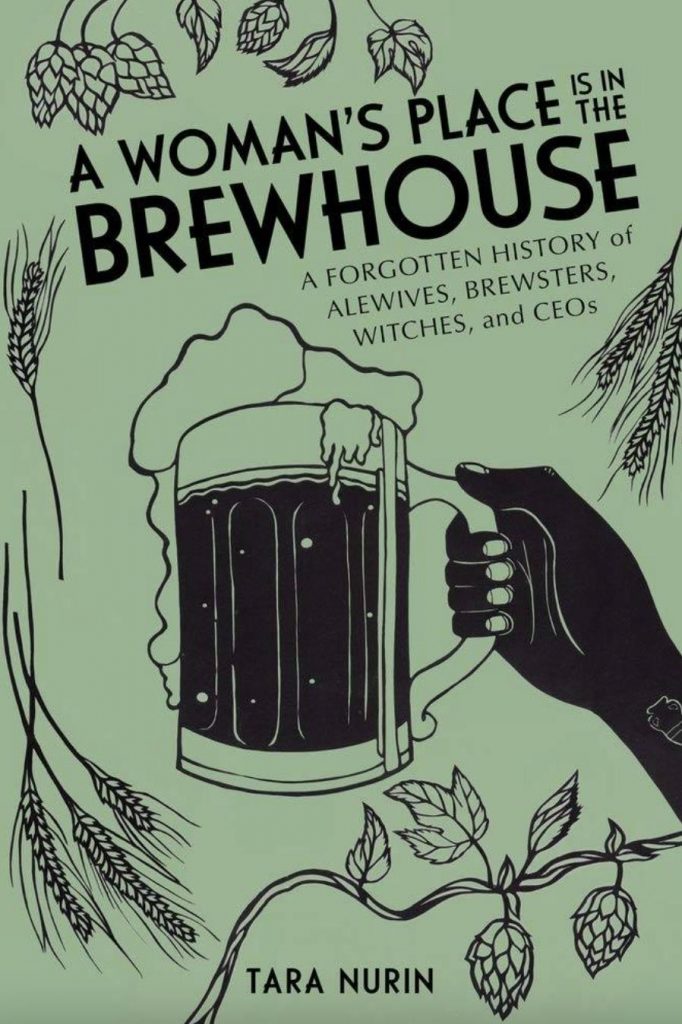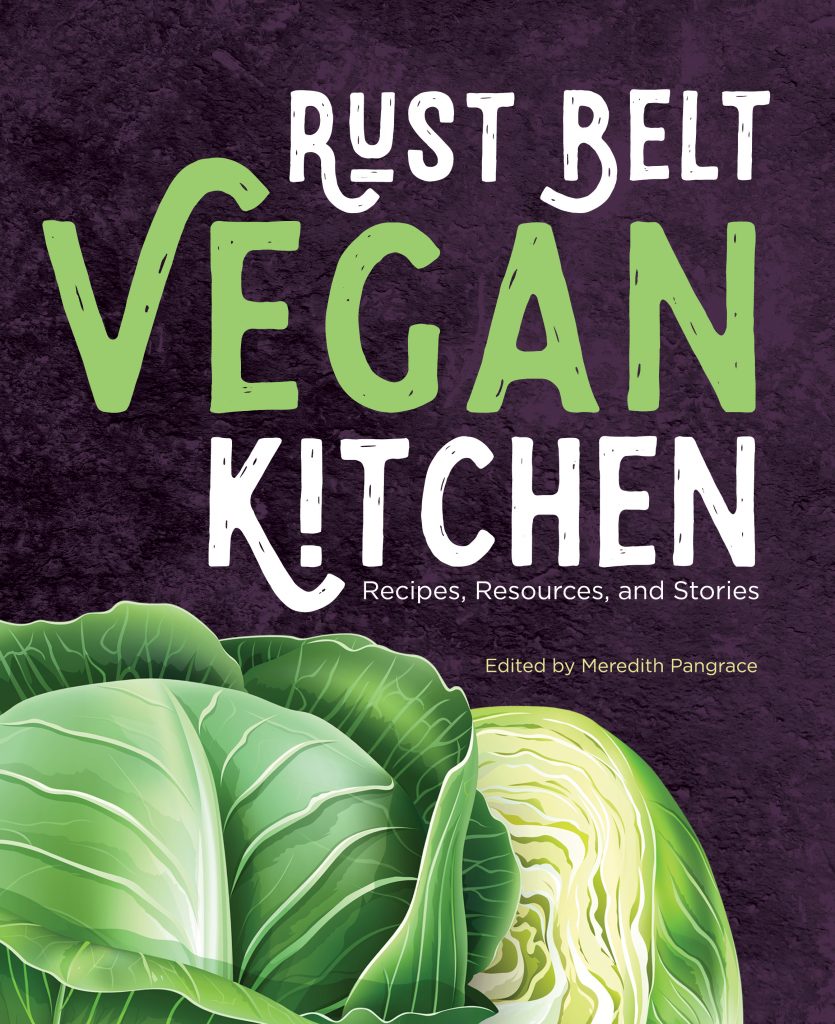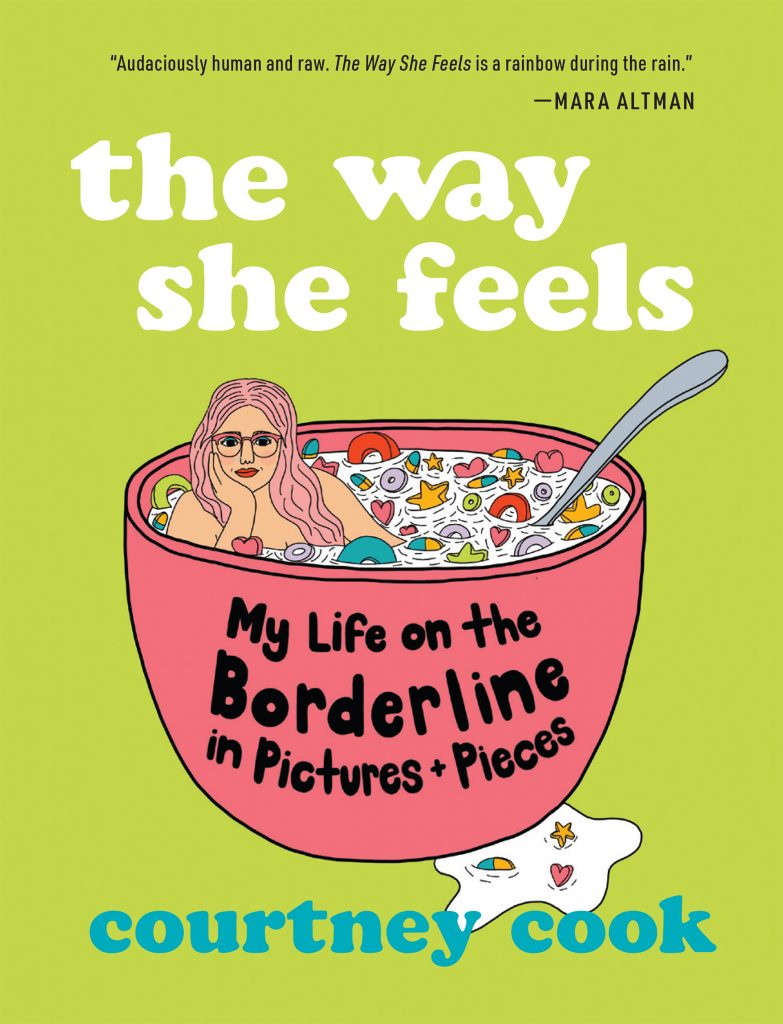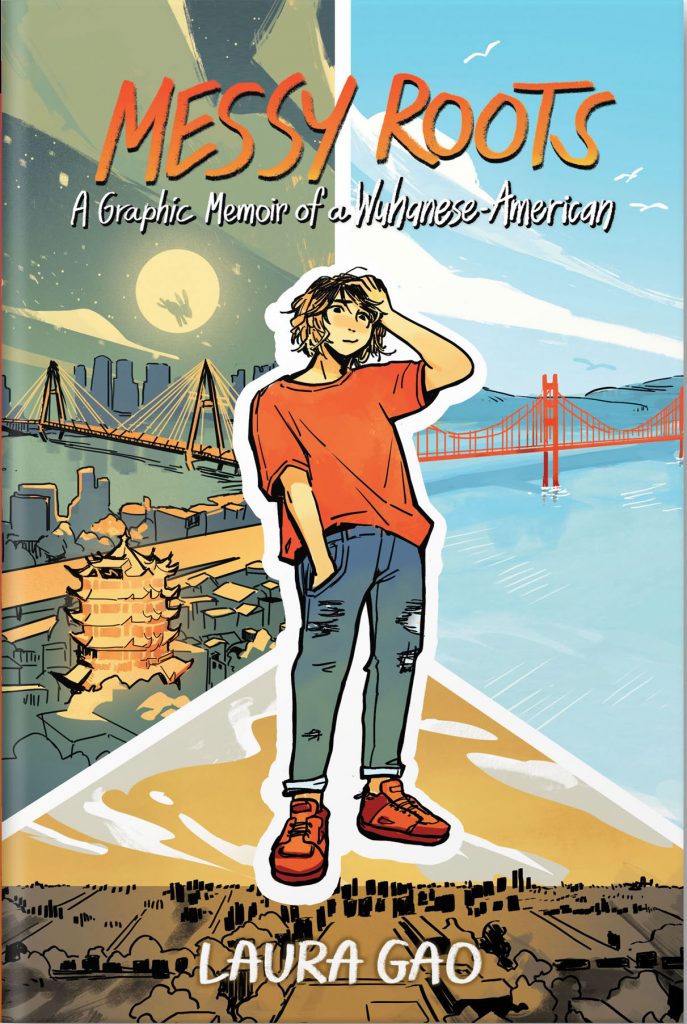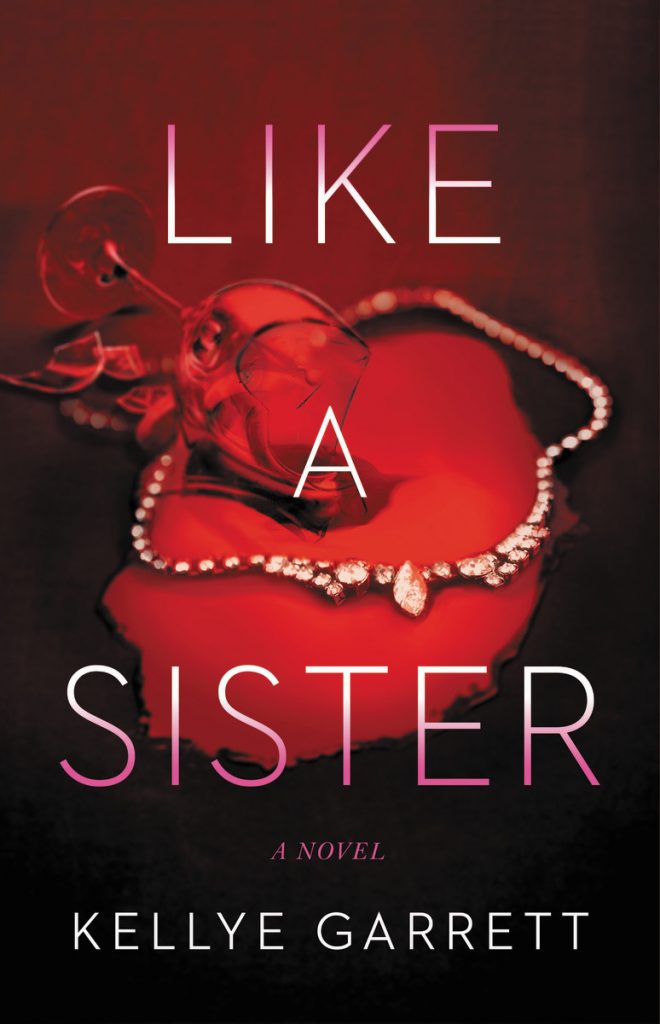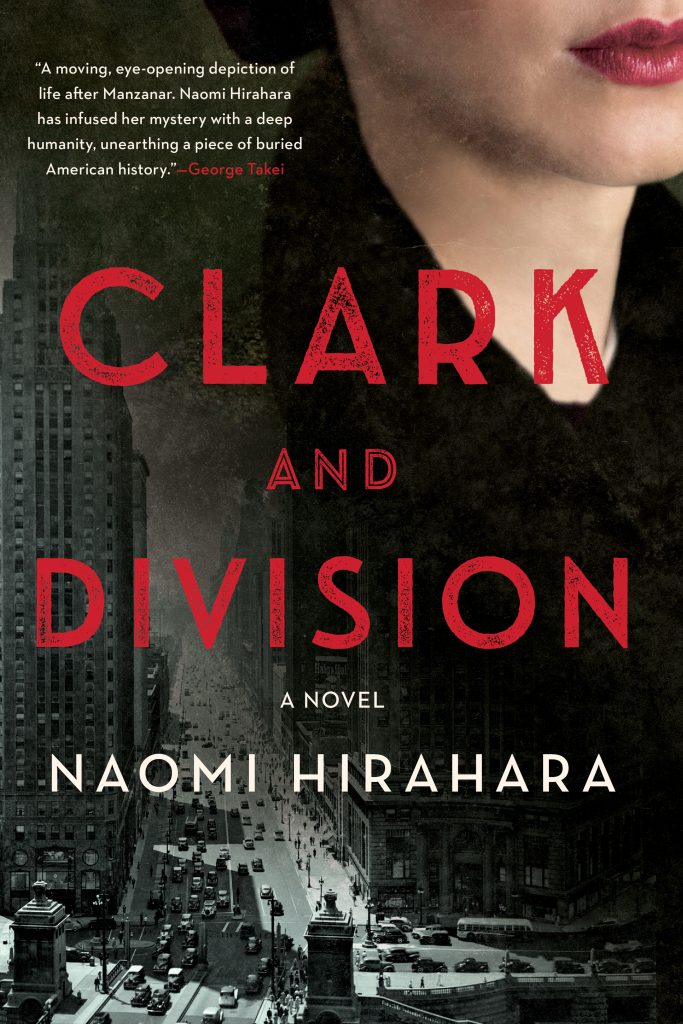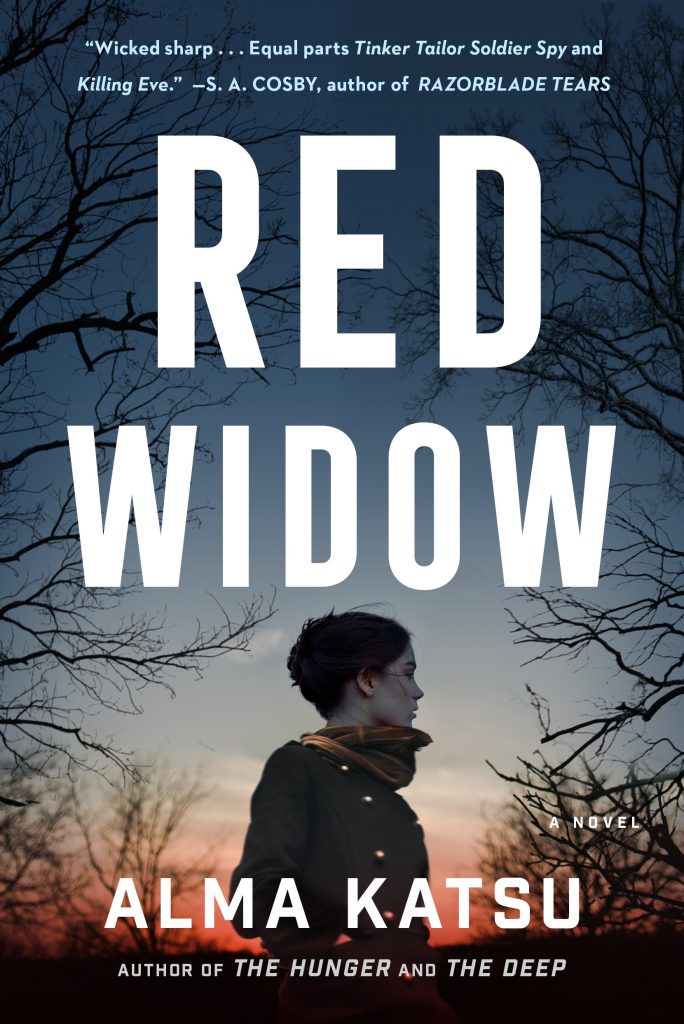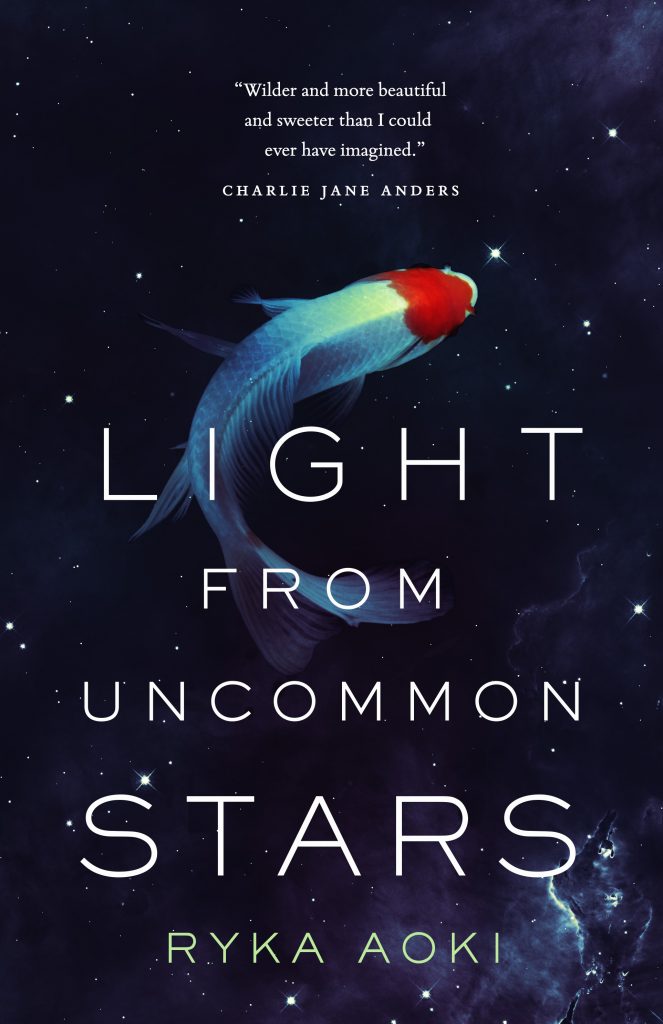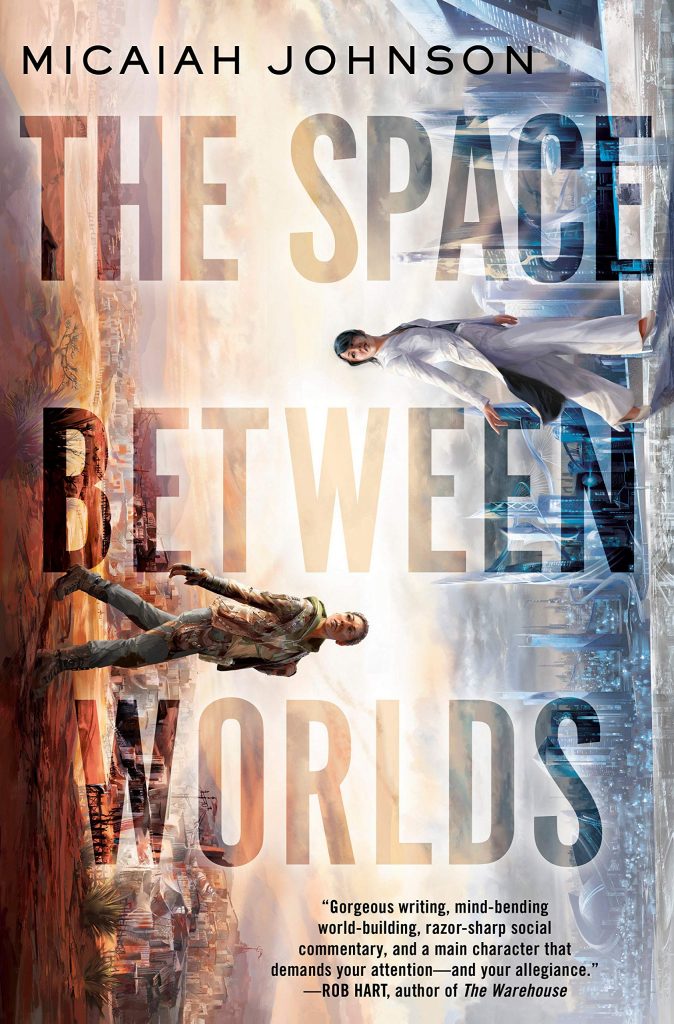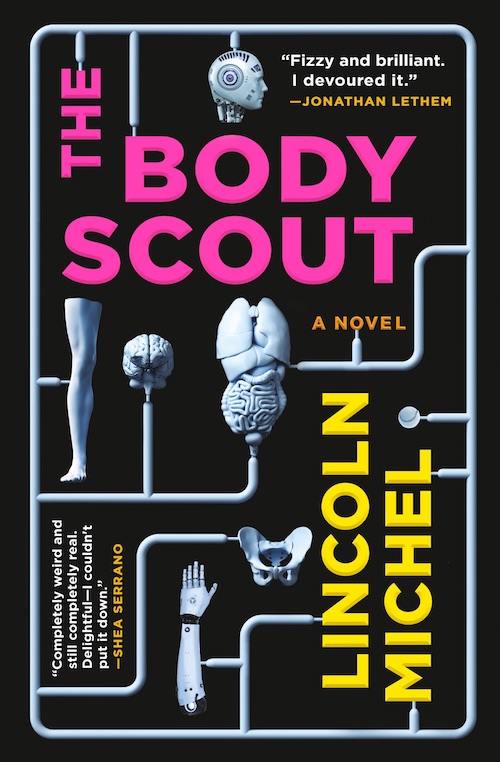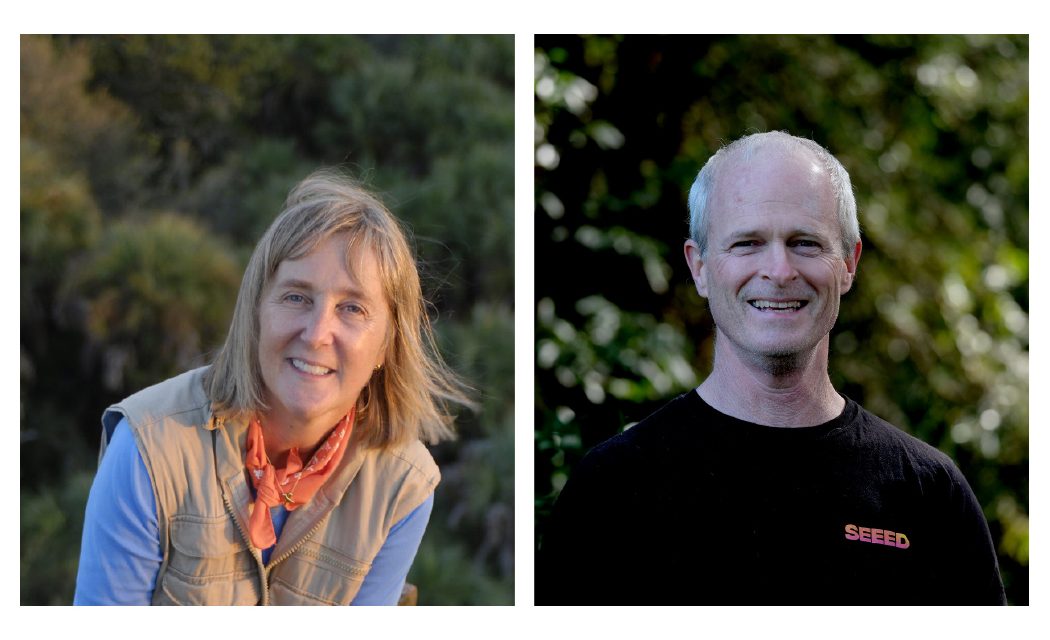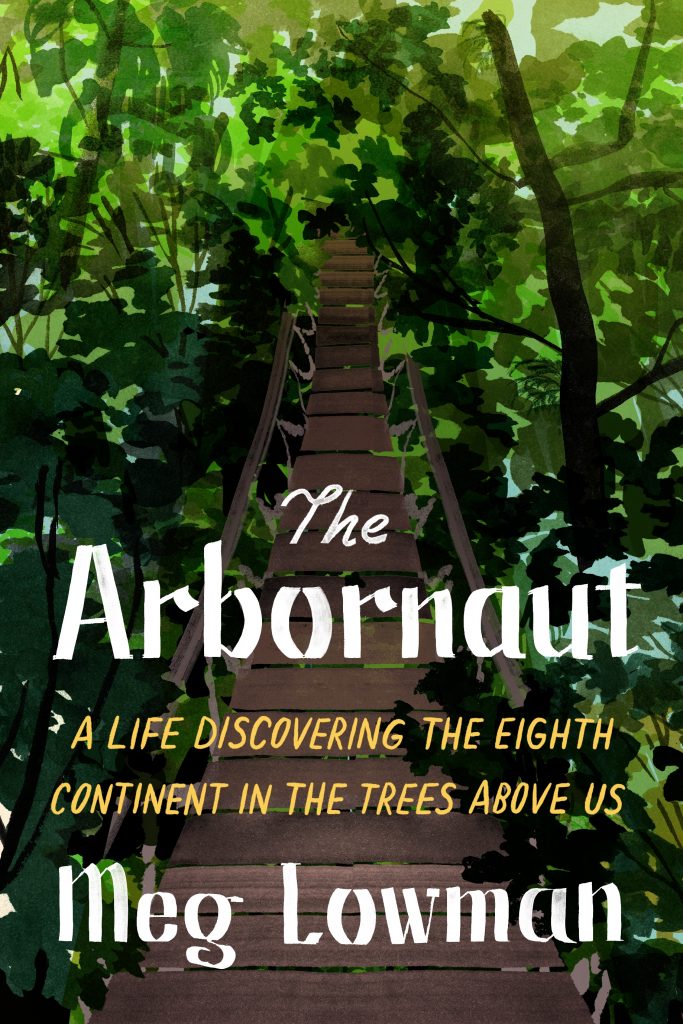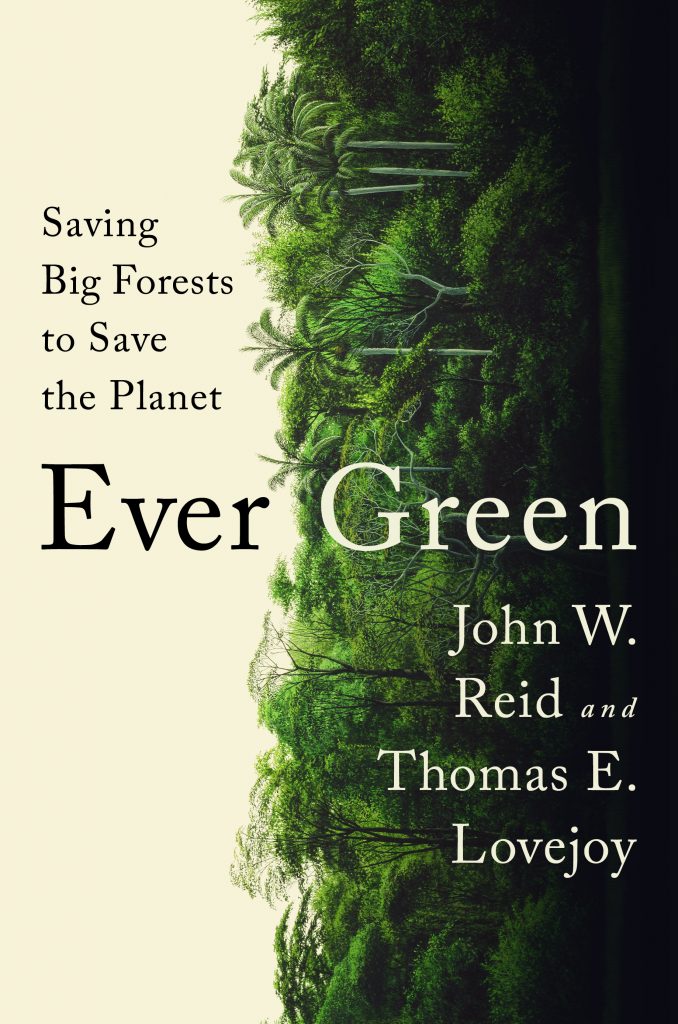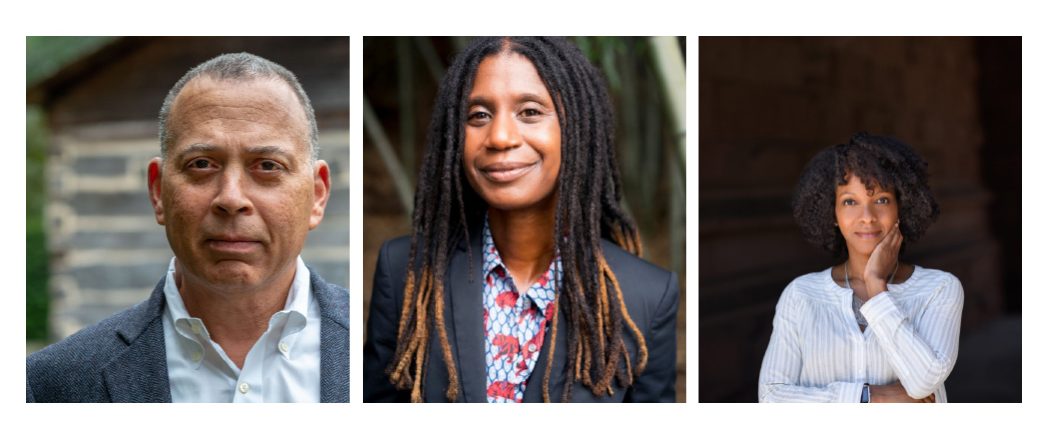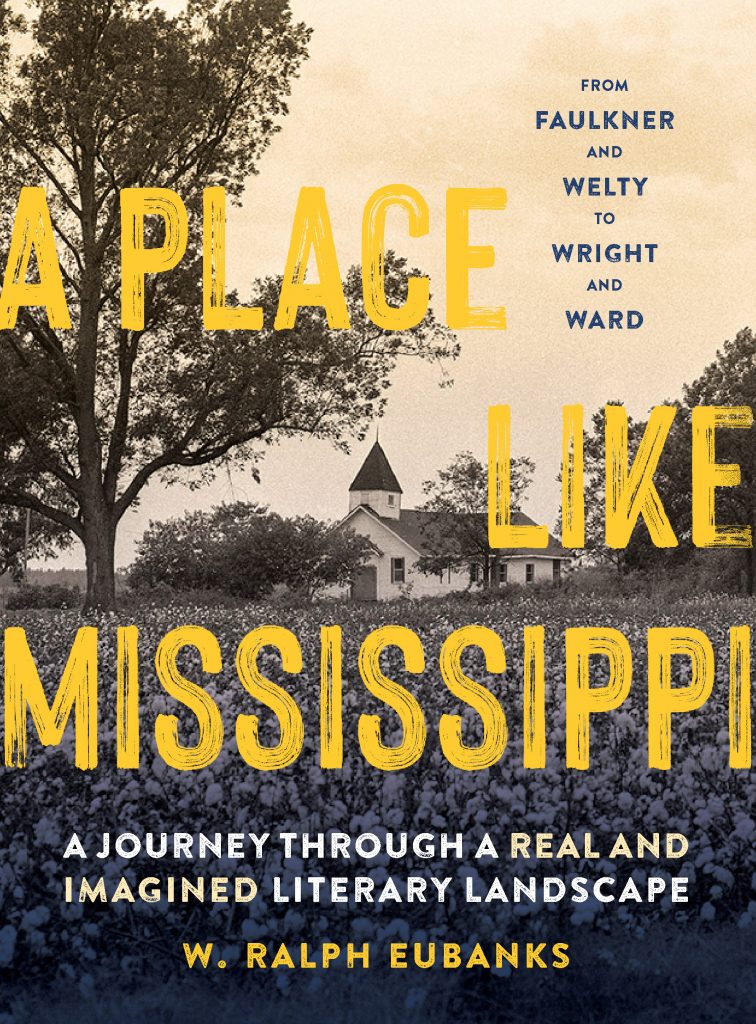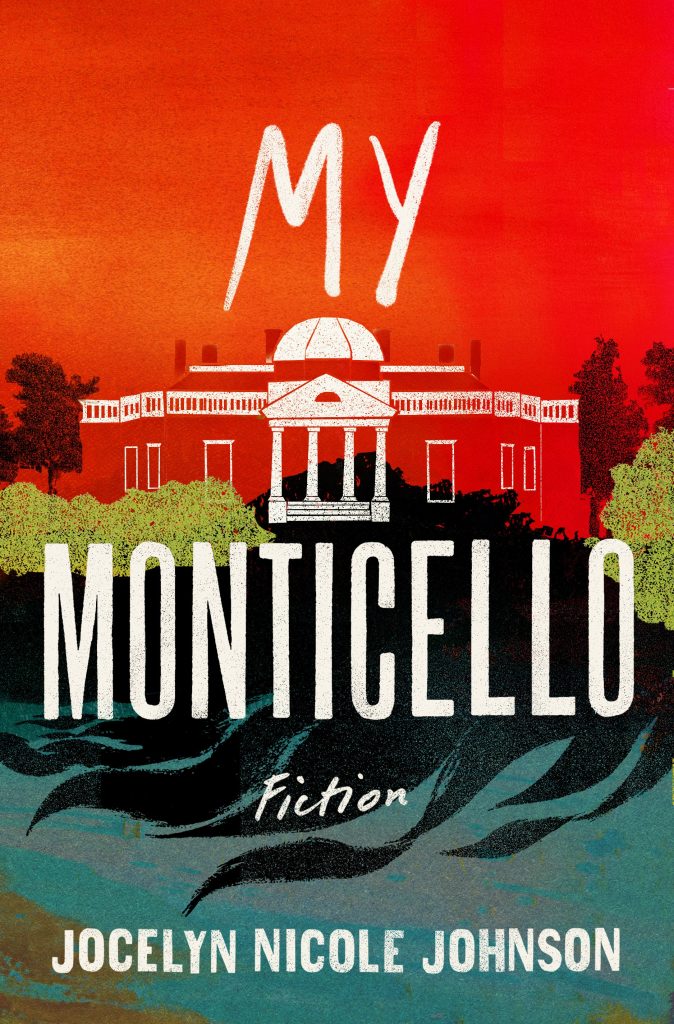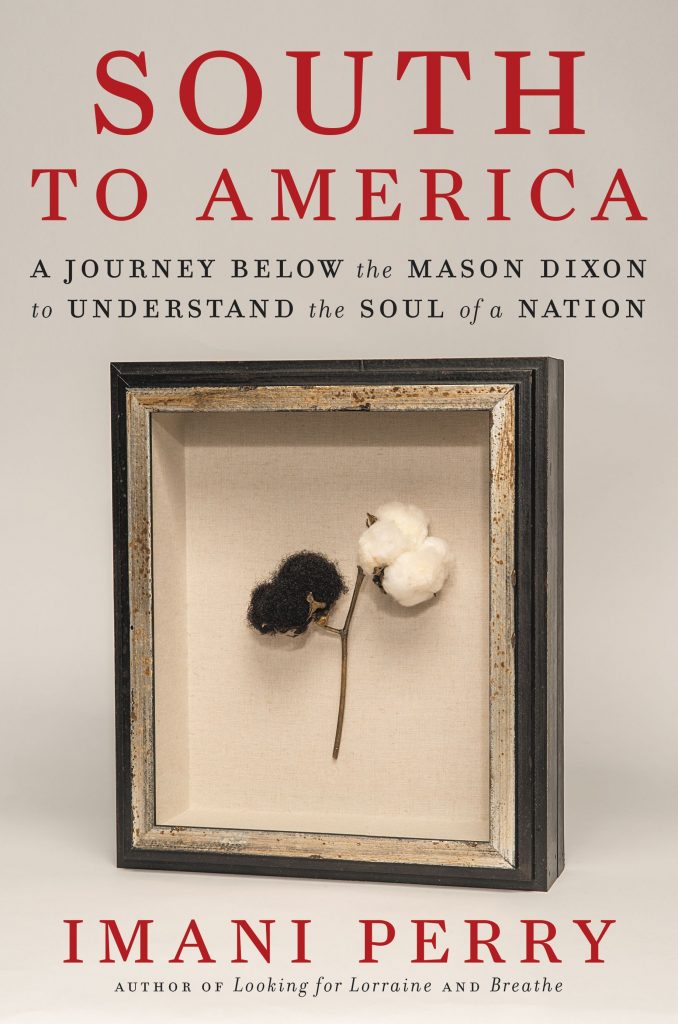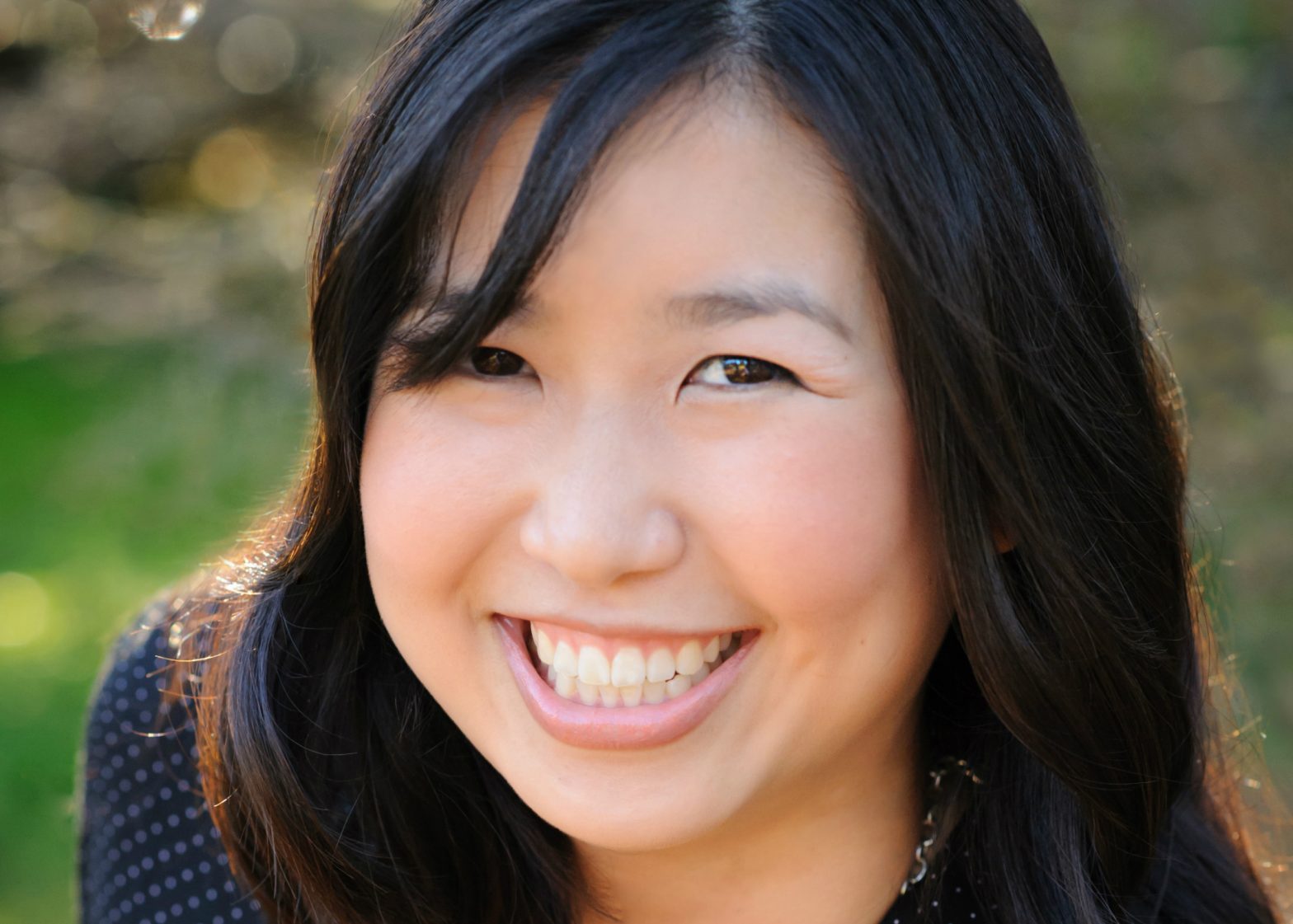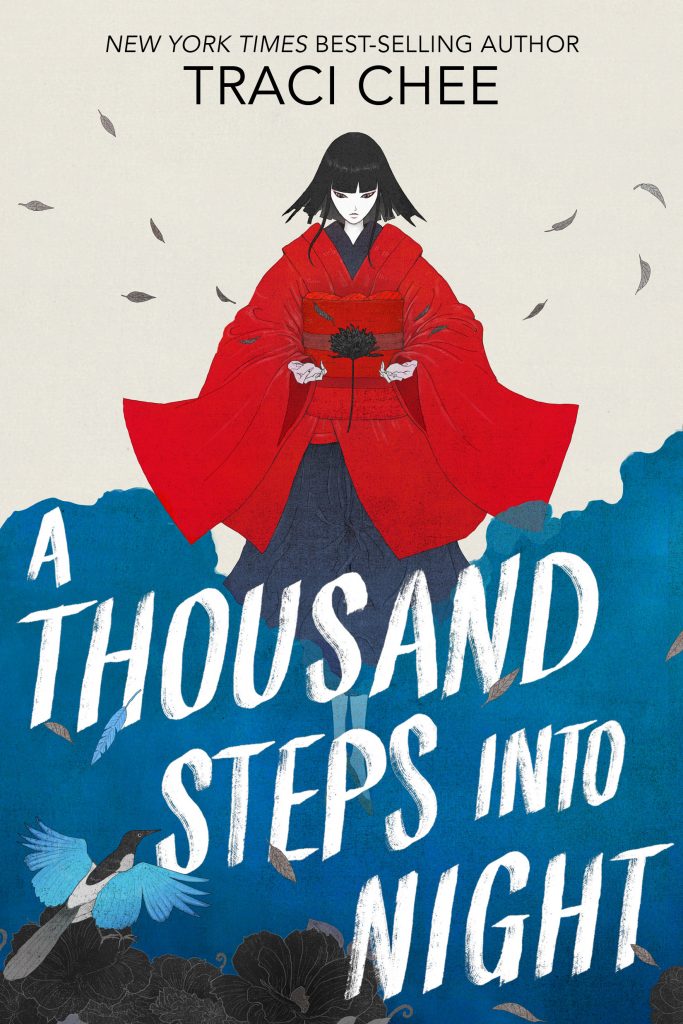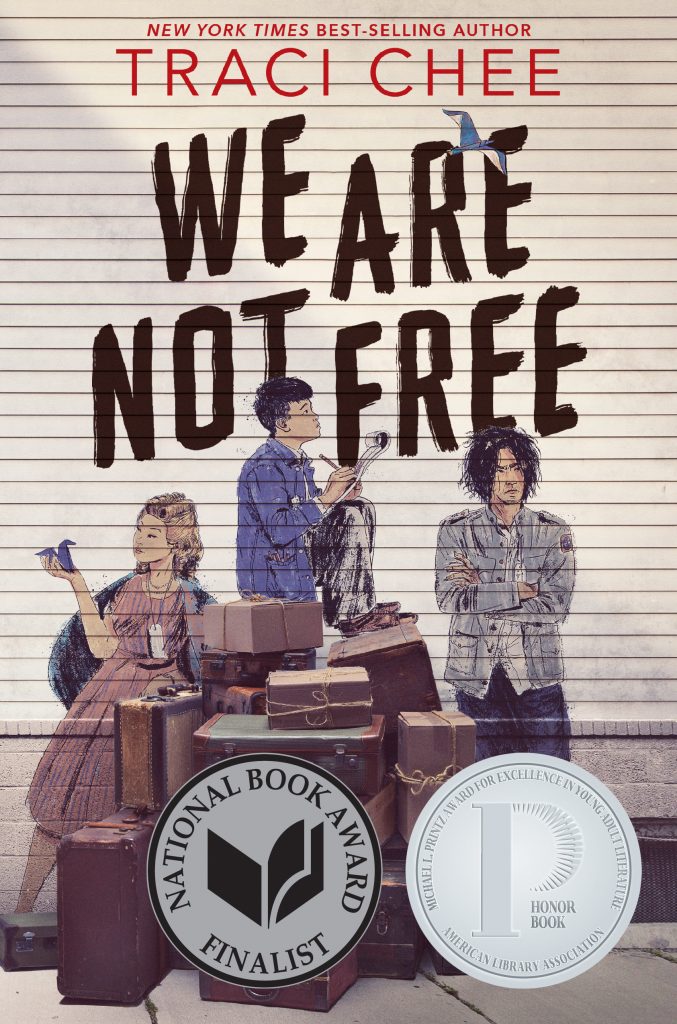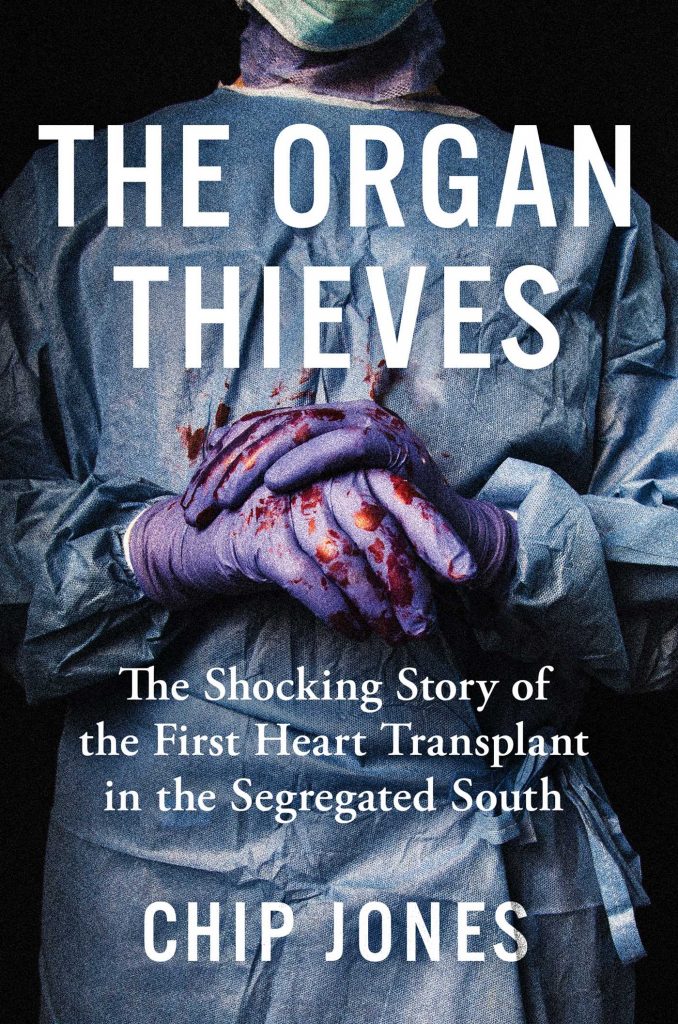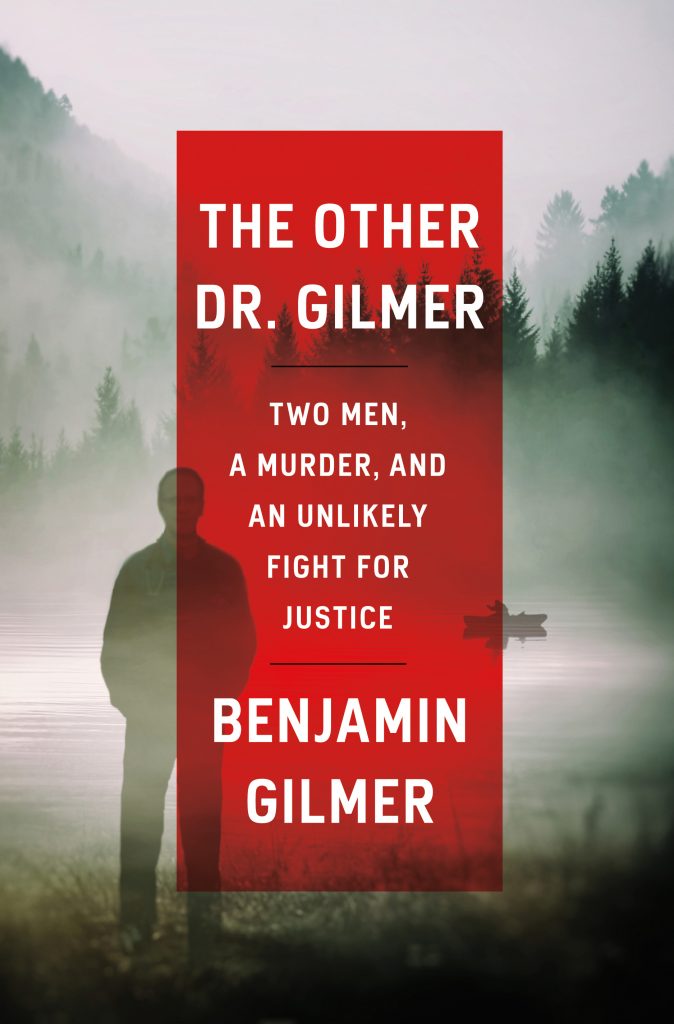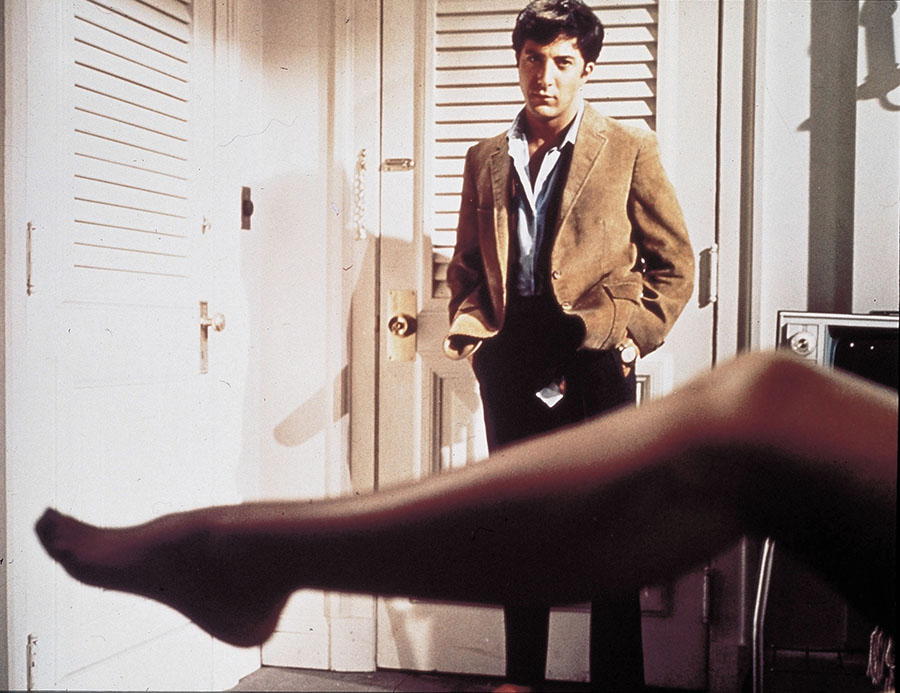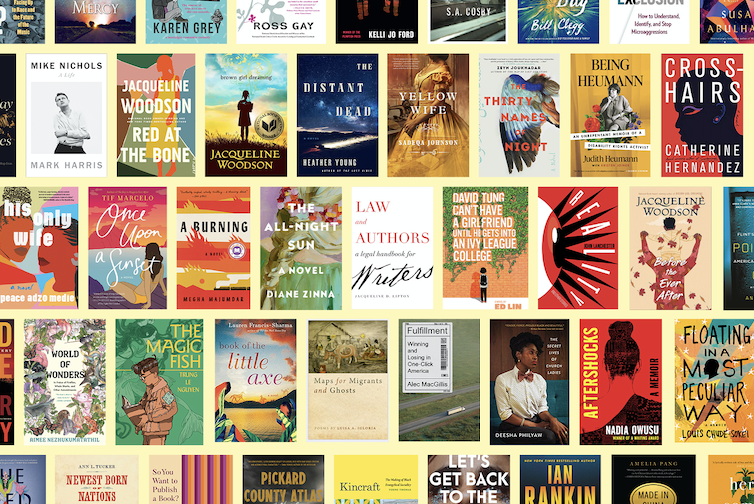The Virginia Festival of the Book is back in action March 20-24, with five days of panels, parties, and events to celebrate all things literary. Renowned authors flock to our city for engaging talks, everyone on the Downtown Mall has a book or two in their arms, and our too-long reading lists get even longer. This year’s milestone fest celebrates 30 years, with appearances by acclaimed authors such as Roxane Gay, Sarah Weinman, Percival Everett, Jami Attenberg, and Jeannette Walls. Here are a few of our recommendations for lit-lovers looking to indulge their interests, learn something new, or connect with others over the pages of a good book.
FOR THE DISRUPTORS
A UVA prof’s critical look at Sports Illustrated’s swimsuit issue
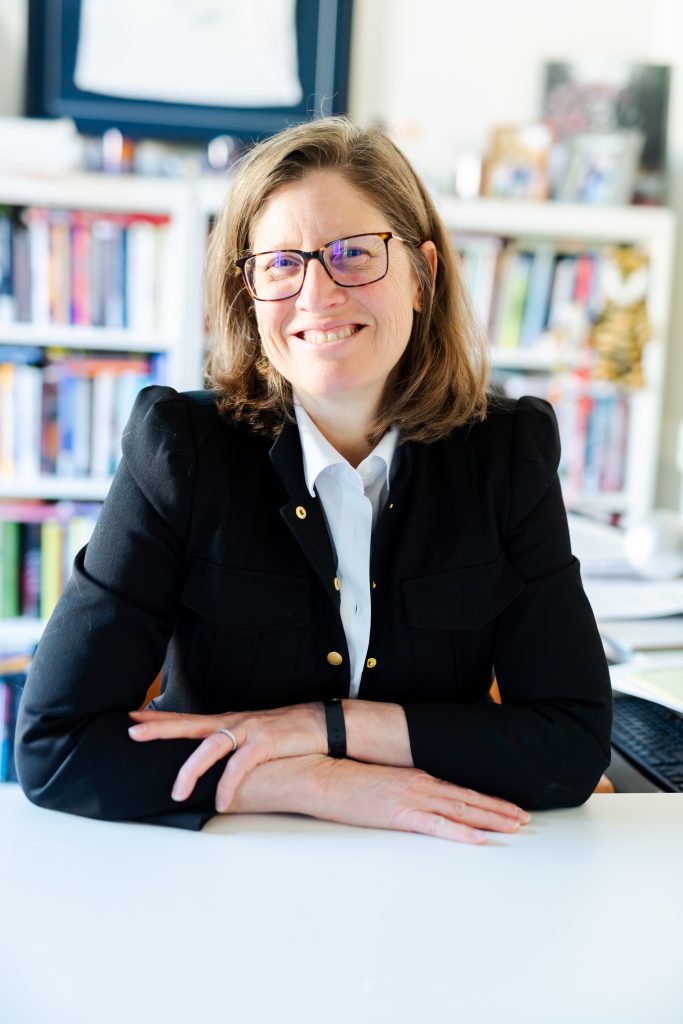
Jumping through hoops: Bonnie Hagerman debut reveals the scant media coverage of female athletes
In 1964, Sports Illustrated editor André Laguerre faced a challenge. As the temperature dropped and winter neared, so did the off-season for many sports. With a five-page spread to fill and no games to cover, Laguerre decided to run a travel story with photographs of model Babette March in a white bikini. The inaugural swimsuit issue was born.
Many of us can remember the first time we saw a cover of the controversial swimsuit issue, which catered to the male gaze and didn’t even include female athletes until a 1997 feature on tennis player Steffi Graph became a massive moneymaker. Models like Christie Brinkley, Elle Macpherson, and Tyra Banks posed scantily clad in high-fashion images that couldn’t be more out of place in a sports publication. More recently, Ronda Rousey became the first athlete to show up on the cover in 2016, followed by soccer star Alex Morgan, and tennis champ Naomi Osaka.
Why did it take female athletes so long to show up, and why are they forced to turn into models for this publication that brushes their athleticism under the rug in favor of playing up their sensuality?
Questions like these were catalysts for University of Virginia Professor Bonnie Hagerman’s debut book, Skimpy Coverage: Sports Illustrated and the Shaping of the Female Athlete.
An athlete and collegiate rower herself, Hagerman found her unique specialty of women, gender, and sport in graduate school. What originally started as a master’s thesis turned into a Ph.D. dissertation, and last year, a published book.
“I’d grown up with Sports Illustrated magazines all around the house, and I was aware of the fact that female athletes didn’t show up on the pages very often, and when they did there wasn’t much written about them,” says Hagerman. “I was interested to see which athletes they did portray, and what they did say about them.”
Two decades in the making, Skimpy Coverage dives into SI’s treatment of female athletes since its founding, examining race, femininity, identity, sexuality, stereotypical archetypes forced on sportswomen, and large-scale events such as the Olympics.
The book follows sportswomen of the past, like Wilma Rudolph, who was at one point the fastest woman in the world, and women’s tennis maverick Billie Jean King, to current-day GOATs Serena Williams and Megan Rapinoe, using them as case studies to examine female athletes’ lack of media coverage and the hoops they have to jump through for support, despite being the best in the game.
The challenges faced by these women still impact athletes today, at every level. Working at UVA afforded Hagerman first-hand experiences from student-athletes.
“Students in my classes really helped me hone what I wanted to say,” says Hagerman. “To put it in perspective, some of the issues I was seeing female athletes dealing with in the 1950s are things some female athletes in my classes are talking about. Challenges presented by expectations of femininity, the challenges of being a lesbian in sport.”
Think back to the NCAA championships in 2021, when images of the men’s and women’s basketball weight rooms went viral. The men’s much larger, and well-equipped, while the women’s measly room housed a simple rack of dumbbells.
“What was great about that was that people were upset,” says Hagerman. “They realized it was unfair, and there was a swift response.”
Support for women’s sports is growing—just look at the record-setting fan turnout for the UVA women’s basketball game against Virginia Tech. For Hagerman, recognizing these milestones is as important as working to fix what’s wrong.
“There’s been a ton of change since Sports Illustrated’s [swimsuit issue] was first published in 1964,” says Hagerman. “Title IX in 1972, Billie Jean King’s activism for equal pay, Venus Williams following up with that activism for equal pay and being successful, we see more media coverage of women on TV. There have been a number of great moments to celebrate, but we still need to recognize the challenges that remain. There’s a lot to be done.”
Whether you’re a casual Olympics watcher every four years or a die-hard lover of sports, Hagerman’s Skimpy Coverage offers a new lens through which readers can critically watch and cheer for their favorite teams—go Hoos!
FOR QUEER VOICES
Celebrate queer love, friendship, and found family
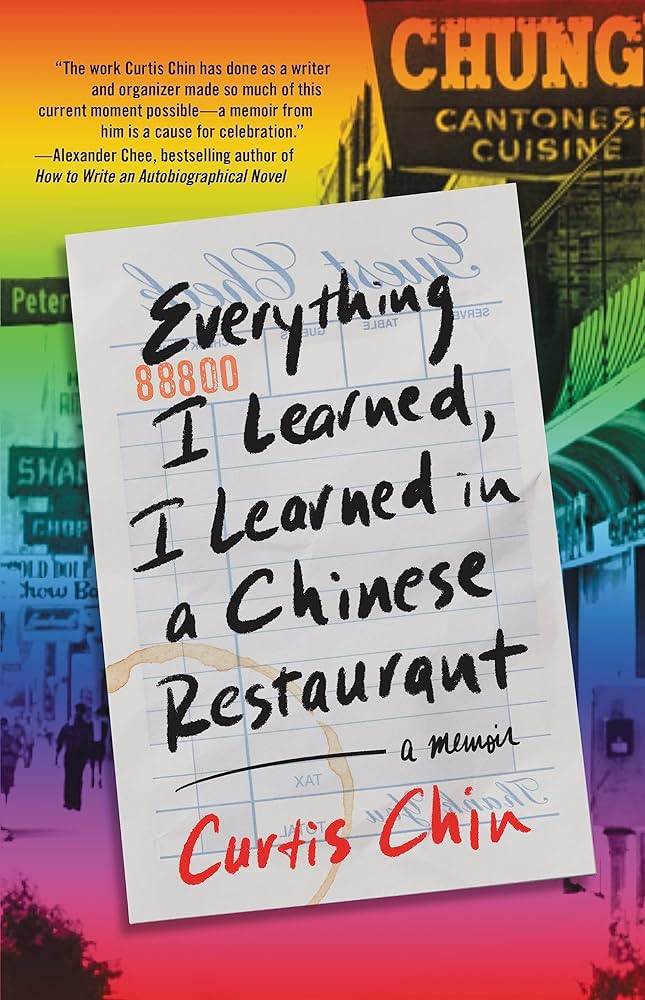
Everything I Learned,
I Learned in a Chinese Restaurant
Curtis Chin
In his memoir, Chin touches on his upbringing as a queer, Chinese American boy in Detroit in the ’80s. In the midst of homophobia and racism, Chin found sanctuary in his family’s Chinese restaurant.
Thursday 3/21 | UVA Bookstore
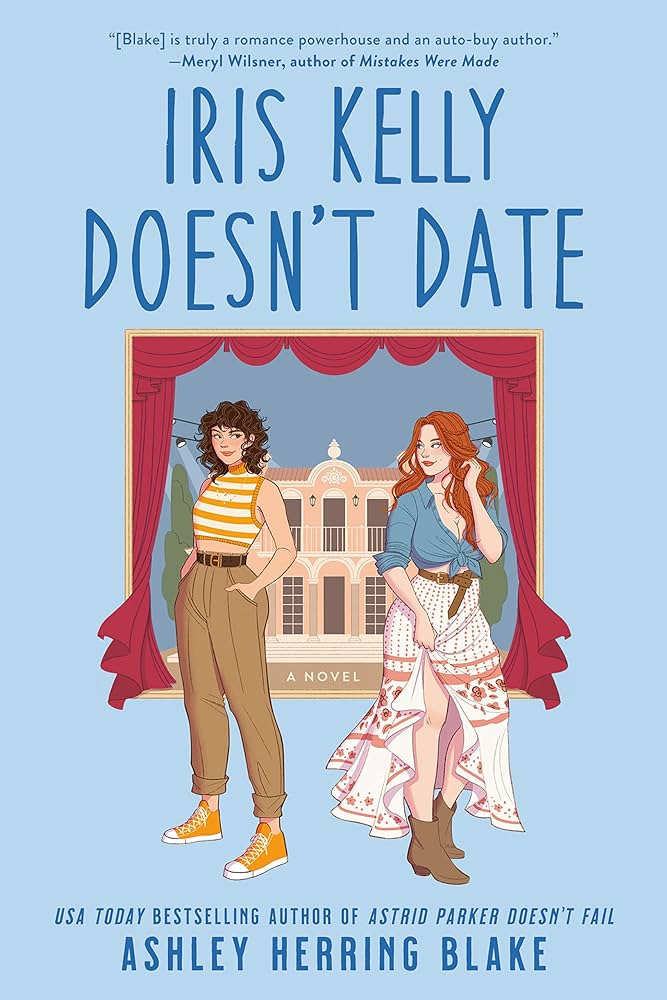
Better Halves: Romcom Heroines Meet Their Matches
Ashley Herring Blake & Lana Harper
Try out a new trope at this love-filled panel with two acclaimed romance writers. Blake’s Iris Kelly Doesn’t Date sees sparks fly in a fake dating scheme, and Harper’s In Charm’s Way is a light-hearted, magical enemies-to-lovers romp.
Friday 3/22 | Omni Hotel
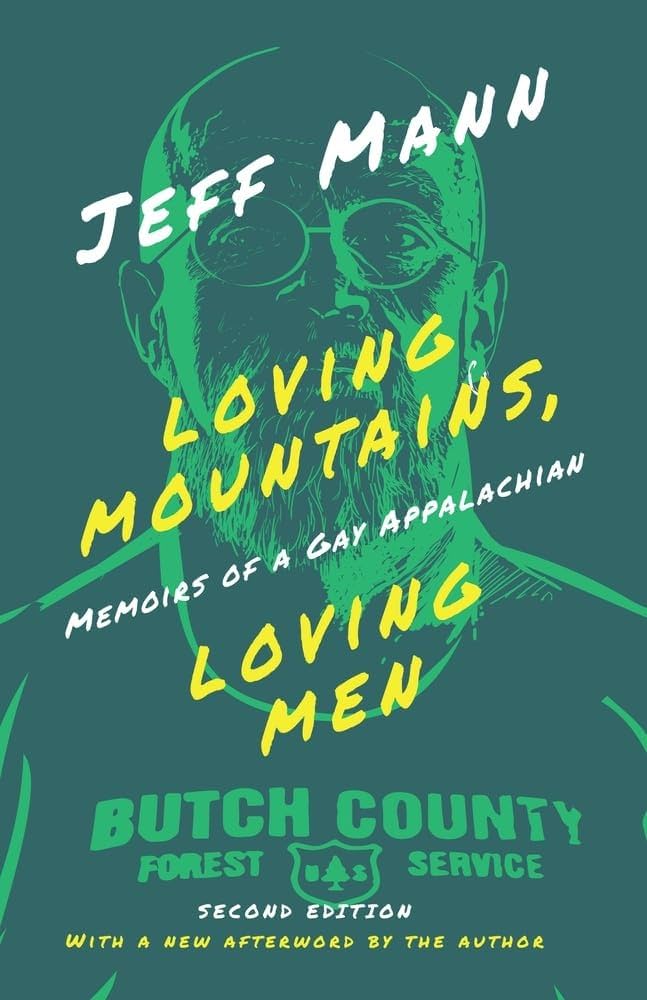
Alternate Appalachias
Jeff Mann, Danielle Chapman & Anya Liftig
This three-person panel includes Jeff Mann, author of Loving Mountains, Loving Men: Memoirs of a Gay Appalachian, now in its second edition. Mann discusses his relationship with Appalachian culture and society as a gay man, alongside authors Danielle Chapman and Anya Liftig.
Friday 3/22 | New Dominion Bookshop
FOR THE NATURE LOVER
Animals-lovers, gardeners, farmers—it’s all good here.

Wild Asana: Animals, Yoga, and Connecting Our Practice to the Natural World
Allison Zak
Author and yoga teacher Allison Zak gets to the bottom of the dog in downward dog in her illustrated exploration of yoga poses and their animal counterparts. Then, grab a mat and try out the moves for yourself.
Thursday 3/21 Central JMRL Library

Growing Organic Food
Tanya Denckla Cobb
Learn how to grow your own food with Tanya Denckla Cobb, author of The Backyard Homestead Guide to Growing Organic Food. Vegetables, fruits, nuts, herbs, whatever you’re planting, Cobb’s got the info on seed-starting, growing, and harvesting.
Saturday 3/23 Omni Hotel

Love for the Land
Brooks Lamb
Brooks Lamb and fellow farmers Ebonie Alexander, Michael Carter Jr., and Renard and Chinette Turner discuss dwindling farmland in the face of suburban sprawl, racial injustice among farmers of color, and other concerns. Lamb’s moving book highlights stories of small-scale farmers caring for the land.
Sunday 3/24 Ivy Creek Natural Area
FOR THE HISTORY LOVER
Stories retold, histories remembered, and ideas reborn.
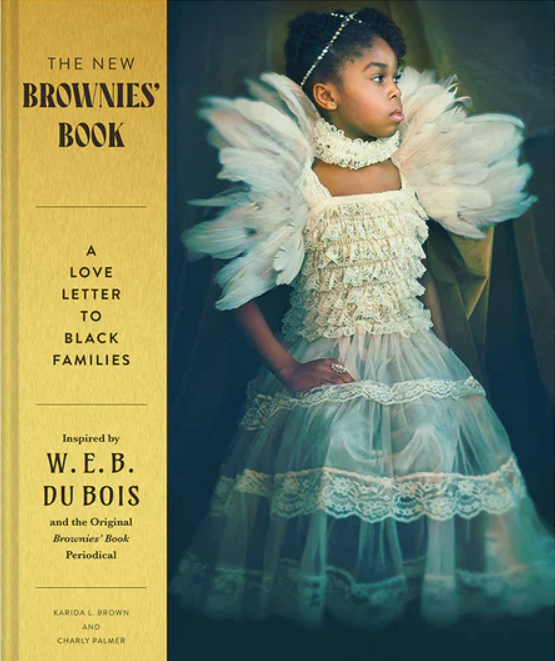
The New Brownies’ Book: A Love Letter to Black Families
Karida Brown & Charly Palmer
The Brownies Book was originally published as a monthly magazine by W.E.B. Dubois in 1920. Now, it’s reimagined by scholar Karida Brown and artist Charly Palmer as a beautifully illustrated celebration of Black culture, with stories, play excerpts, poetry, art, and more.
Saturday 3/23 Omni Hotel
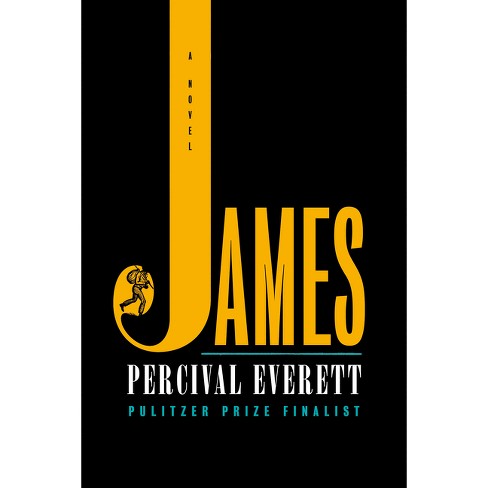
Book Tour: James
Percival Everett
The acclaimed author is bringing his book tour to town. Get an early peek at James, Everett’s stunning reimagining of The Adventures of Huckleberry Finn, this time told by “Jim.”
Saturday 3/23 The Paramount Theater
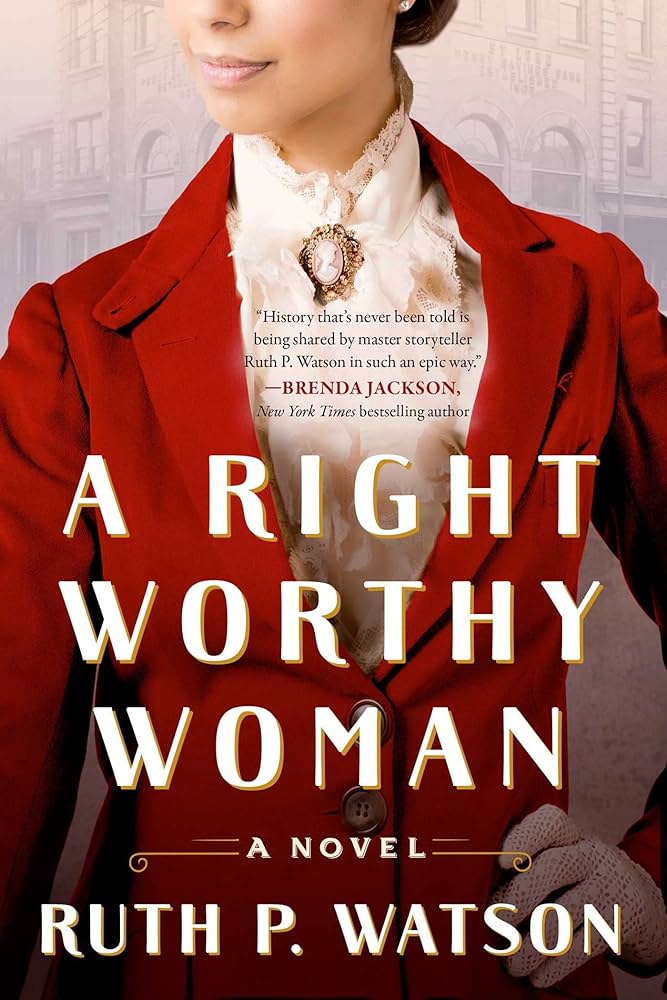
Unsung Women
Ruth P. Watson, Virginia Pye & Stephanie Dray
Get to know Maggie Lena Walker, the first Black woman bank president, in Watson’s A Right Worthy Woman, then travel to Gilded Age Boston in Pye’s The Literary Undoing of Victoria Swann, and wrap it up with Dray’s Becoming Madam Secretary, a look at Francis Perkins.
Wednesday 3/20 JMRL Central Library
ICYMI
Don’t miss a second go round of readings by these authors, “as seen in C-VILLE.”
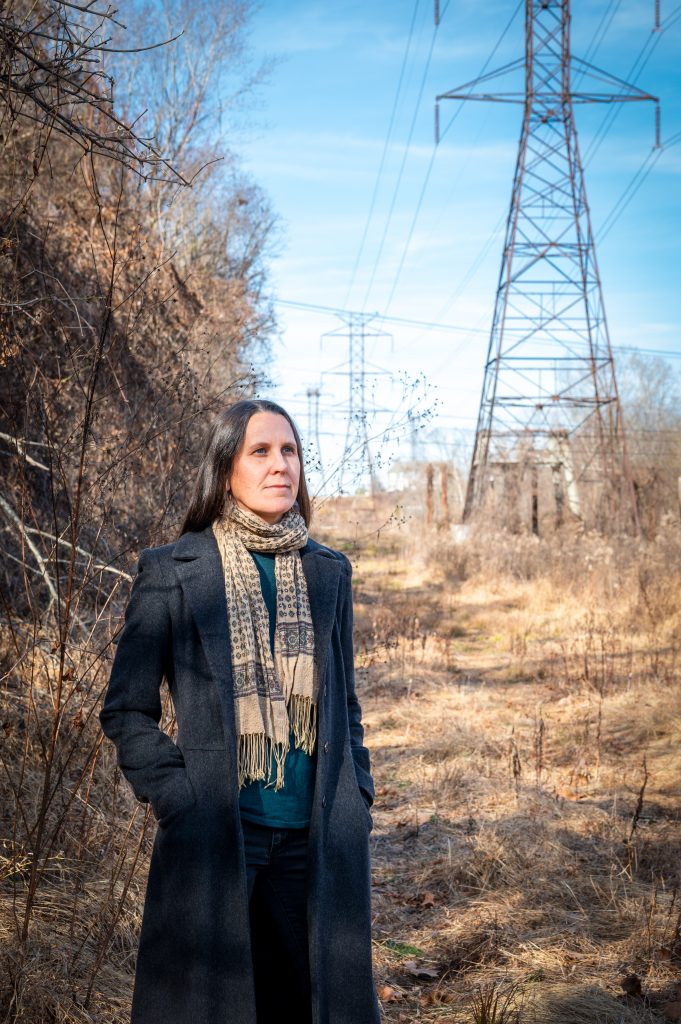
Erika Howsare
“The loveliness of deer might go without saying, but still, there it is: The more you look, the more they seduce,” writes Erika Howsare in her debut nonfiction book, The Age of Deer. Howsare appears at the Natural Born Creatures panel alongside Nicolette L. Cagle.
Thursday 3/21, JMRL Central Library.

Irène Mathieu
Referencing the milky covering that can occur on an infant’s tongue after feeding, Irène Mathieu’s milk tongue is a collection filled with precise, embodied language that explores parenthood, family, and the intricacies of existence in this world. Mathieu appears at the Family Trees & Legacies panel with Remica Bingham-Risher and Lightsey Darst.
Friday 3/22, New Dominion Bookshop.

Diane Flynt
“Behind each knobby brown orb, underneath every quirky apple name or sprightly flavor, lies a person, culture, and history. And nowhere is this history more interesting than in the South,” writes cidermaker Diane Flynt in Wild, Tamed, Lost, and Revived: The Surprising Story of Apples in the South.
Sunday 3/24, James Monroe’s Highland.

Henry Hoke
A queer mountain lion in “ellay” is the narrator of Open Throat, a novel by Charlottesville’s own Henry Hoke. If that piques your interest, pick up a copy at Queer Reimaginings, a panel moderated by Hoke with SJ Sindu and Addie Tsai.
Thursday 3/21, Omni Hotel.
